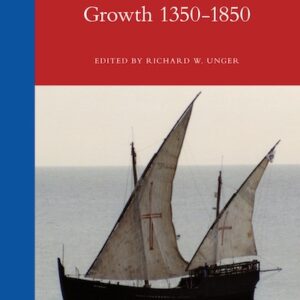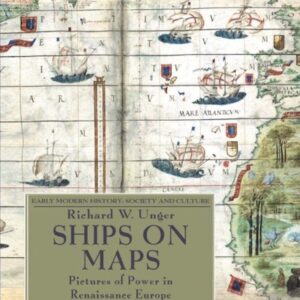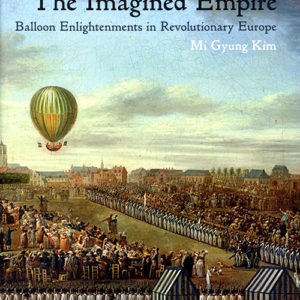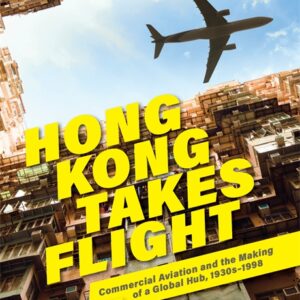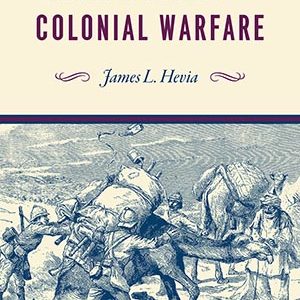
Animal Labor and Colonial Warfare
By James L. Hevia (NHC Fellow, 2015–16) Until well into the twentieth century, pack animals were the primary mode of transport for supplying armies in the field. The British Indian Army was no exception. In the late nineteenth century, for example, it forcibly pressed into service thousands of camels of the Indus River basin to … Continued

